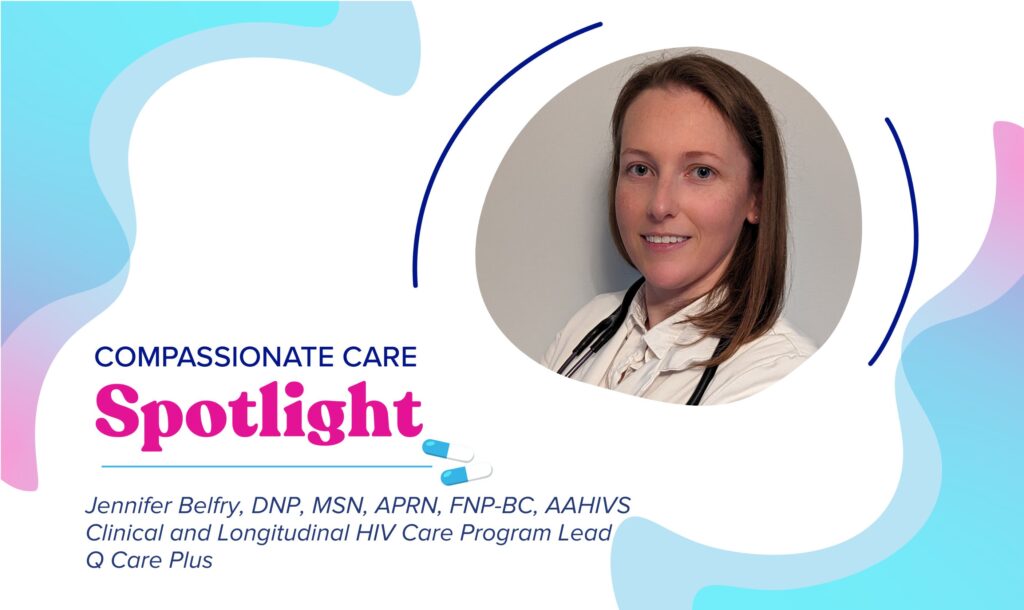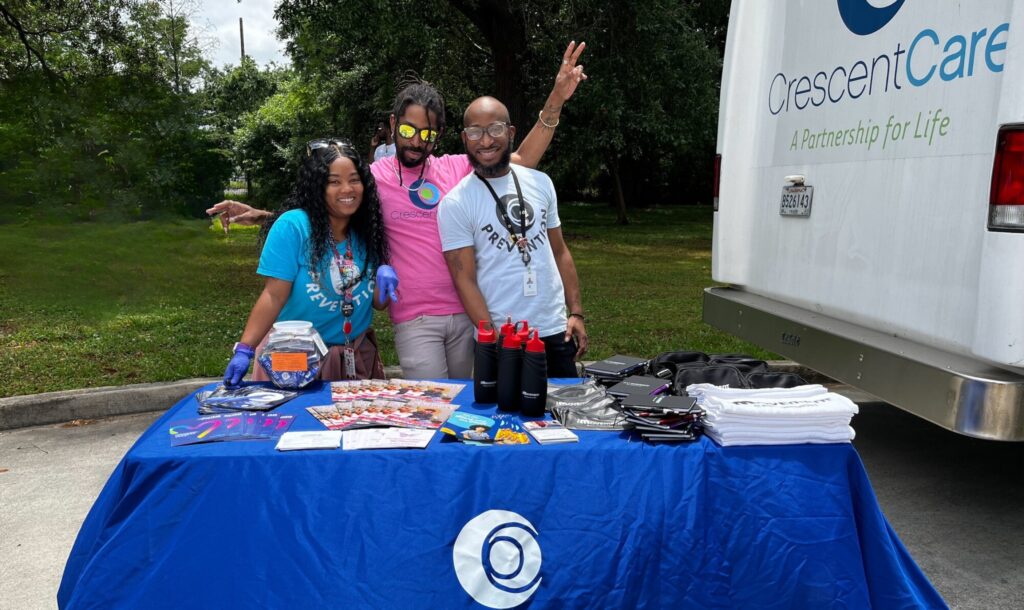Let me ask you something: Do you remember what was going on with the 340B program in the early 1990s?
Perhaps I should phrase that question another way, because those of us on the advocacy side can easily cite the fact that the program was kicked off in 1992 to help the nation’s safety-net providers fund vital services to underserved populations. What I meant was, what emotional memories do you have of the 340B program in the early 1990s?
If you’re coming up short, you’re not alone. On a superficial level, the program is a dry topic at best, not to mention increasingly difficult to navigate. I often struggle to easily explain it to my friends and family, and even covered entities can spend years figuring it out without the help of a 340B expert.
And yet, from a patient care standpoint (I was a practicing pharmacist at the time), I can recall exactly what was going on in the early 90s. Top of mind is that one million Americans were living with HIV. New lifesaving protease inhibitors weren’t available yet. By 1992, AIDS had become the leading cause of death for U.S. men aged 25 to 44. The uncertainty, fear, and stigma surrounding the virus was nearly palpable. I remember that a man, his wife, and their baby—all living with HIV—were patients of mine. I stapled a business card with my phone number to their prescription bag and told them to call me at any time. They never called me, but they came into the pharmacy to talk often. We never said the word HIV.
The human face of 340B
Avita patient Ismael Ruiz can also vividly recall the time period. For Ruiz, who was then in his twenties but had been living on the streets since the age of 17, testing positive for HIV was just another roadblock in his fight for survival. When his partner died of complications from AIDS, Ruiz was devastated. When he began feeling unwell himself, he got tested, but says he knew the results before they even came back. “I knew I had gotten it,” Ruiz says. “It was shocking but not shocking.”
Because it's inextricably linked to money, legal restrictions, and–certainly lately–controversy, it's easy to forget that the 340B program has a human face.
-Glen Pietrandoni
chief advocacy officer, Avita
For Ruiz, the physical health challenges of living with HIV were just part of the battle. The next decade included “years of struggles, of hiding myself, and of finding out what medication worked best for me,” he says. Until he decided to take a stand.
That’s when a mental health therapist introduced Ruiz to the Alliance for Positive Change (then called the AIDS Service Center). The Alliance, an Avita covered entity partner and Ryan White grantee, leverages funds from the 340B program to help New Yorkers living with HIV and other chronic health conditions get the medical care, peer support, and housing assistance they need to achieve health, happiness, and stability. Through the organization’s Peer Program, Ruiz now advocates both for himself and others within the community. “Without [the Alliance],” he says, “I wouldn’t be as strong as I am and able to bring that to my community to help move it forward.”
My point? Because it’s inextricably linked to money, legal restrictions, and—certainly lately—controversy, it’s easy to forget that the 340B program has a human face. It’s easy to lose sight of the fact that 340B, especially when combined with grant programs like Ryan White, has a history of helping organizations fund health services for some of America’s most vulnerable patients living with a host of complex conditions. It’s easy to focus on the fine print and overlook the impact.
At Avita, we help our covered entity partners forge through the intricacies of 340B every day. Let’s not mince words: Due to high demand and increasingly sparse resources, these organizations have never been more crucial to the well-being of community health—or more challenged to sustain their very existence.
Ready to read full article in 340B Report? Just click here.




